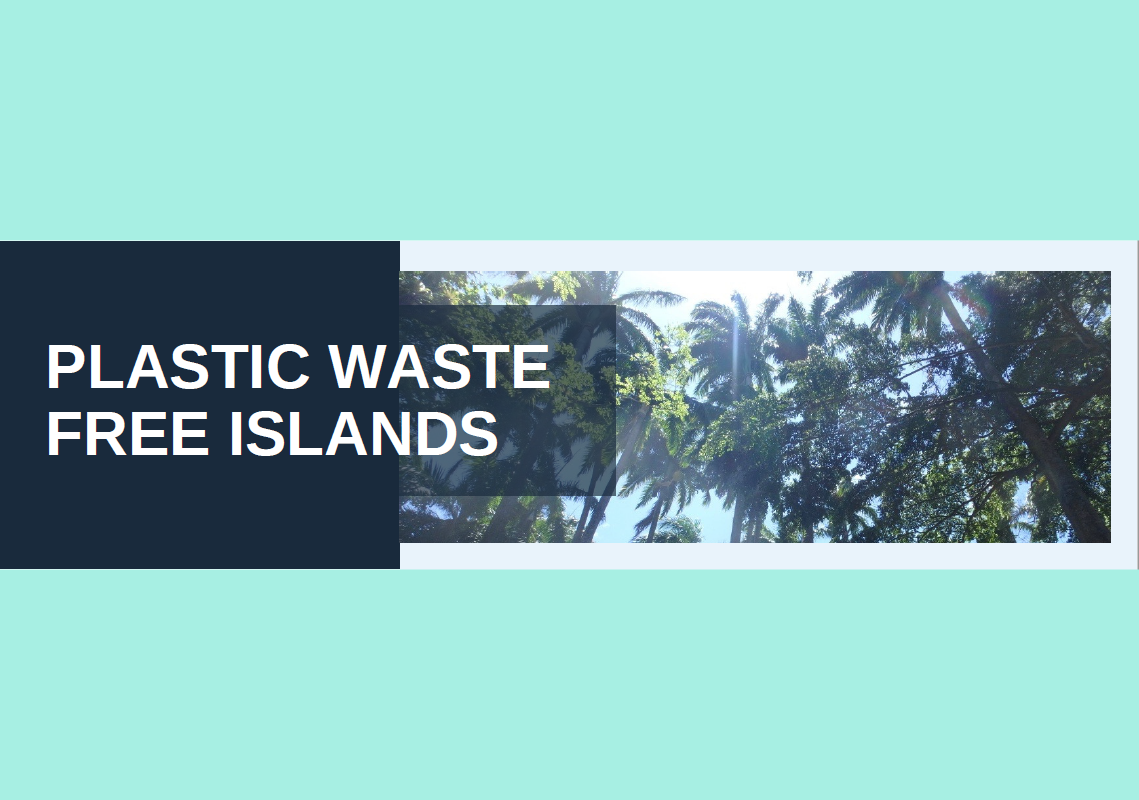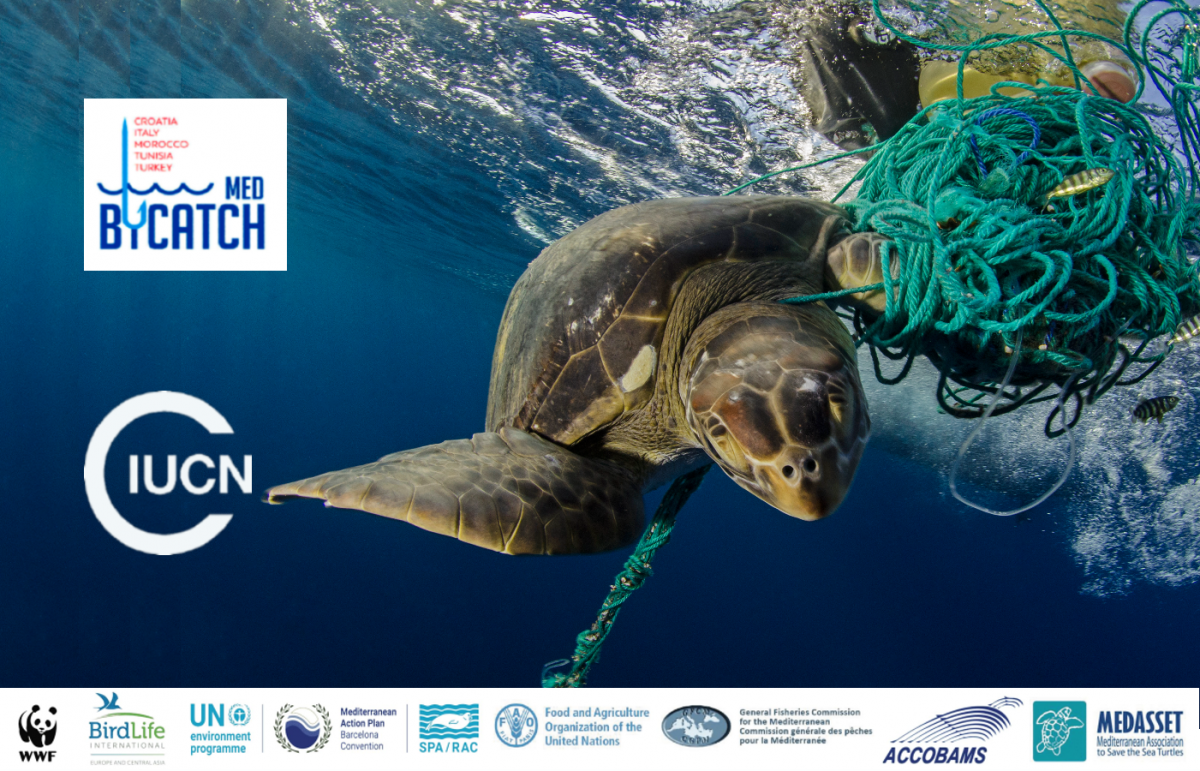The Plastic Waste Free Islands project 2020 update: key progress made over the last year
Our 2020 update overview gives highlights of advancements made whilst dealing with the reality of having to adapt to unexpected events and uncertainties during a difficult year. The overview shows the Plastic Waste Free Islands project team and implementing partners' successful advancements and important progress in the Caribbean and Oceania, made in collaboration with regional partners, consultants and offices across the globe.

Photo: IUCN GMPP
With continued support from the Norwegian Agency for Development Cooperation (Norad), the start of 2020 began with the launch of the Plastic Waste Free Islands project in Oceania and the Caribbean. This was followed by implementation of the plastics quantification assessments in February 2020.
The assessments were designed to identify plastic waste pathways across the life cycle of different plastic types within the tourism, fisheries and waste management sectors. Midway through, the pandemic hit and emphasised the resilience and ingenuity of the local project teams in adapting to the COVID-19 crisis.
As the pandemic hit, a very real human problem was created with project teams potentially being stranded where rapidly closing national borders and limited transport options created challenging conditions in returning home.
Through effective rapid responses by the consultant teams, the majority of personnel were able to return to their bases and arrangements were secured for those requiring additional support. However, as the months advanced, the need to find alternative solutions that adapted to the new normal was imperative.
In consultation with our technical teams, revised plans were developed and work re-commenced, albeit in a modified format, taking into account added challenges faced by our national stakeholders.
Developing and training teams using online tools and developing toolkits that would serve both the needs of the tourism sectors affected while helping to inform the development of solutions were some of the adaptations our partners and teams implemented, helping us ensure delays were minimised."
Janaka De Silva, IUCN Senior Programme Coordinator
Project communications in 2020 included the launch of the promotional video presenting the project in the Caribbean as well as the implementation of various public service announcements supporting existing interventions and policies by Caribbean governments seeking to reduce plastic waste generation and leakage. Looking forward, the document presents potential solutions and alternative value chains for preventing plastic waste generation and leakage in the project countries, as identified by IUCN partner Searious Business. These preliminary solutions are currently being further discussed and two concept solutions per country will be prototyped in 2021.
The team would like to thank the numerous stakeholders who have contributed to the project and hope their continued support will help build on the key accomplishments from 2020
Read the Plastic Waste Free Islands 2020 update here.
About Plastic Waste Free Islands
In 2019, with support from the Norwegian Agency for Development Cooperation (Norad), IUCN launched the Plastic Waste Free Islands (PWFI) project, as part of its global Close the Plastic Tap Programme. The purpose of this project is to promote island circular economy and to demonstrate effective, quantifiable solutions to addressing plastic leakage from Small Island Developing States (SIDS). Key stakeholders from governments, private sector and civil society, united in a vibrant learning and leadership network, will co-generate and demonstrate demand-responsive solutions to plastic waste incorporating policy, business operations, and citizen behaviour changes.



